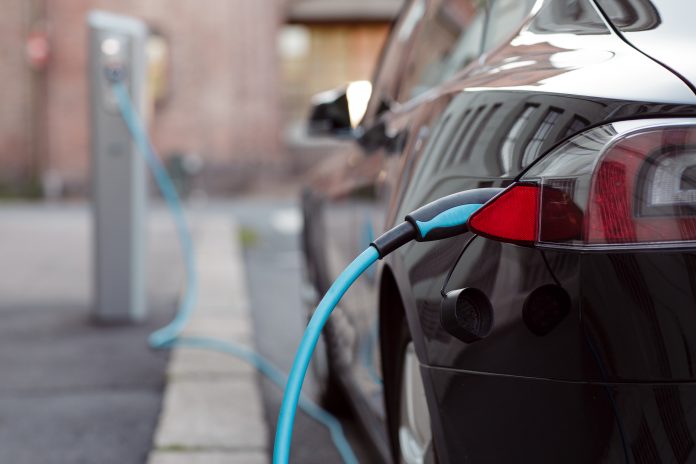Texas will begin charging electric vehicle owners in the state $200 annually in September, just over a week away.
In addition to the charge, electric vehicle owners will be required to pay an additional $200 when they purchase or renew their registration. The controversial fees come at a time of increased EV usage across the country. Although battery-powered cars remain a niche product, legacy automakers have seen demand rise steadily as they launch new models for the U.S. market. Tesla, whose sales recently surpassed long-time frontrunner Toyota in California, began construction on a new facility in Texas earlier this year. While EVs are typically priced higher than their petrol-consuming counterparts, a major selling point of the technology is the money that can be saved by abandoning gas, a benefit impaired by enforced high annual fees.
On paper, the Texas legislature’s decision to charge electric vehicle owners for their purchase is an attempt to supplement revenue from shrinking gas tax revenue. In 2020, state departments reported that the government lost $200 yearly each time an EV purchase resulted in one less gas-powered car. Since gasoline taxes are used to fund highway repair, maintenance and construction in the state, the annual fees are intended to level contributions from drivers.
However, issues exist with the state government’s reasoning. Electric vehicle owners are less likely to decommission their gas-powered models after their EV purchase than they are to retain them for long-distance trips with infrequent charging stops or trade the car in at a used dealership. As such, it seems inaccurate to say that vehicles are being replaced since most will continue to be driven well into the future. The state’s answer to shrinking gas tax revenue is also questionable. There were roughly 25,700,700 gas-powered cars and 105,807 battery-powered cars in the state during 2022, meaning EVs comprised 0.41% of the total vehicle population. Assuming each EV cost the state $200, the state’s total loss for the year was $21,161,400. Had non-EV owners covered these losses, each driver would have payed an additional 82 cents for the total year, a far less burdensome financial impact compared to the heavy-handed charges implemented by the Texas legislature. Alternatively, mileage-based taxes could be used to supplement the state’s lost revenue in a more accurate manner.
Regardless, electric vehicle owners in the state will be faced with new fees this September. The effects of this decision on the EV transition, if any, remain to be seen.




